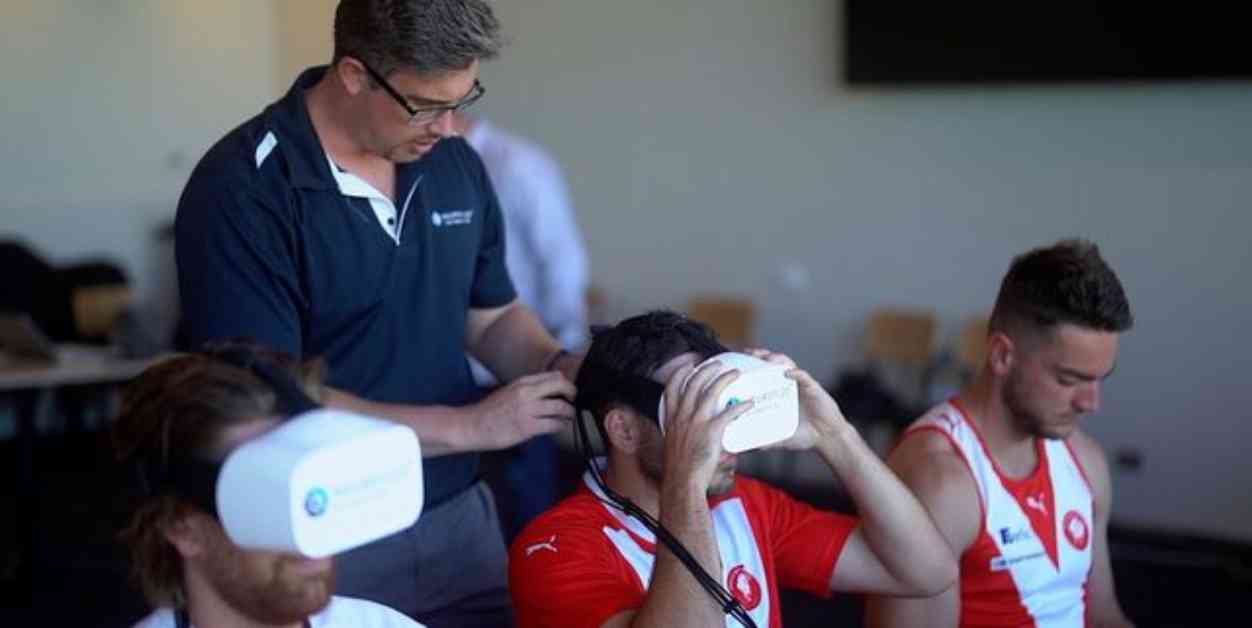Concussions are a serious concern in the world of sports, from martial arts to racing. Recent incidents involving top athletes like Ronda Rousey and Princess Anne have brought the issue to the forefront. Even with advances in safety equipment, head injuries can still occur, especially in high-impact sports like racing. NeuroFlex, a company using VR tools to track brain health, is aiming to revolutionize the way head injuries are diagnosed and treated.
Traditional methods of assessing head injuries, such as the VOMS test, have limitations in terms of portability and tracking progress. NeuroFlex’s portable VR goggles and laptop recording system offer a more detailed and affordable solution. By recording baseline brain health assessments before any injuries occur, athletes can track their recovery and optimize their treatment. This technology has already made a difference for rally driver Emma Gilmour, who used it to identify and address the effects of a rollover crash.
Both Gilmour and David Stevens, head of Medical and Research at Asia Pacific for NeuroFlex, emphasize the importance of taking head injuries seriously. The mentality of “shake it off” can have long-term consequences, including increased risk of future concussions and mental health effects like depression and anxiety. While technology like NeuroFlex is not a replacement for physical safety measures, it can play a crucial role in preventing future crashes by promoting early detection and treatment of brain injuries.
In conclusion, protecting the brain is just as important as protecting the body in high-impact sports like racing. By utilizing innovative technologies like NeuroFlex, athletes can take proactive steps to safeguard their brain health and prevent long-term consequences. So next time you’re gearing up for a race, don’t forget to prioritize your brain’s safety along with your physical safety. Your brain will thank you in the long run.










